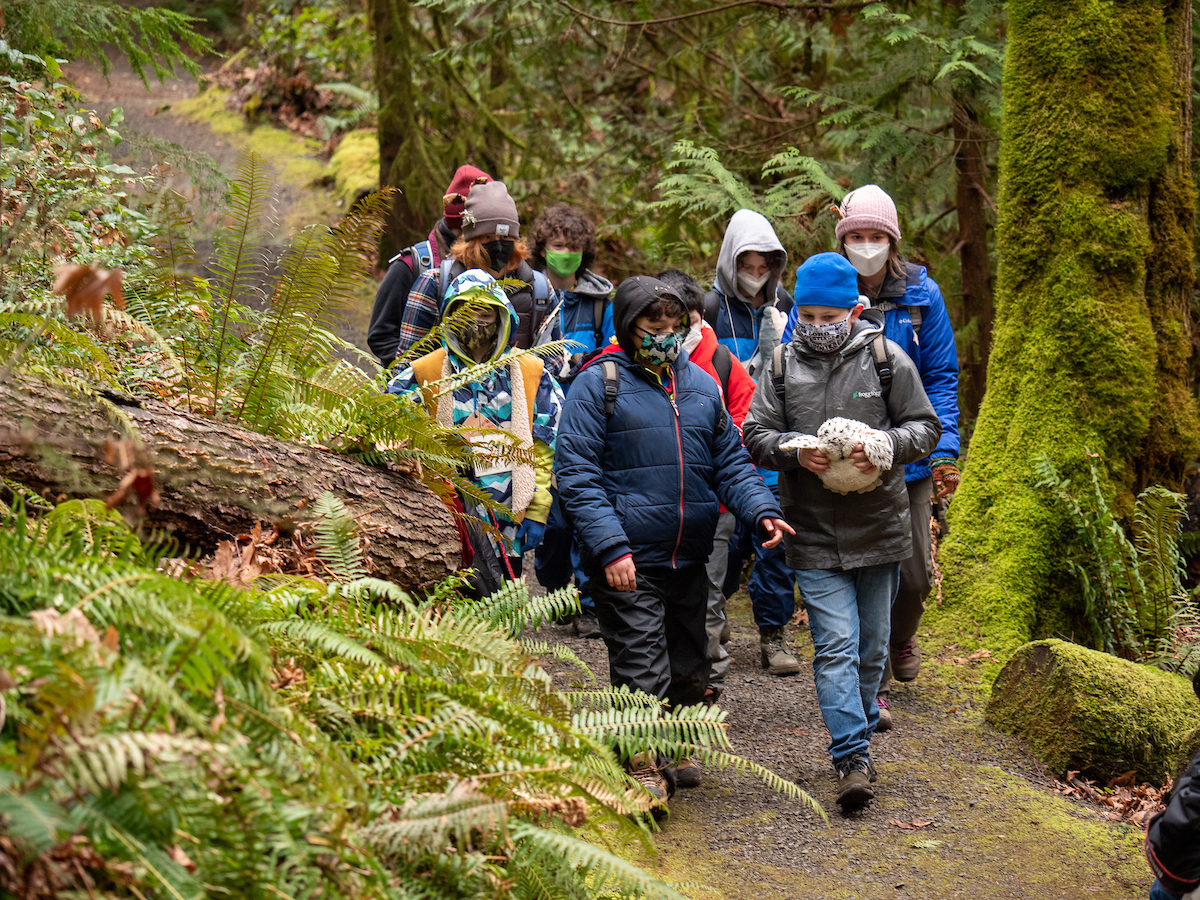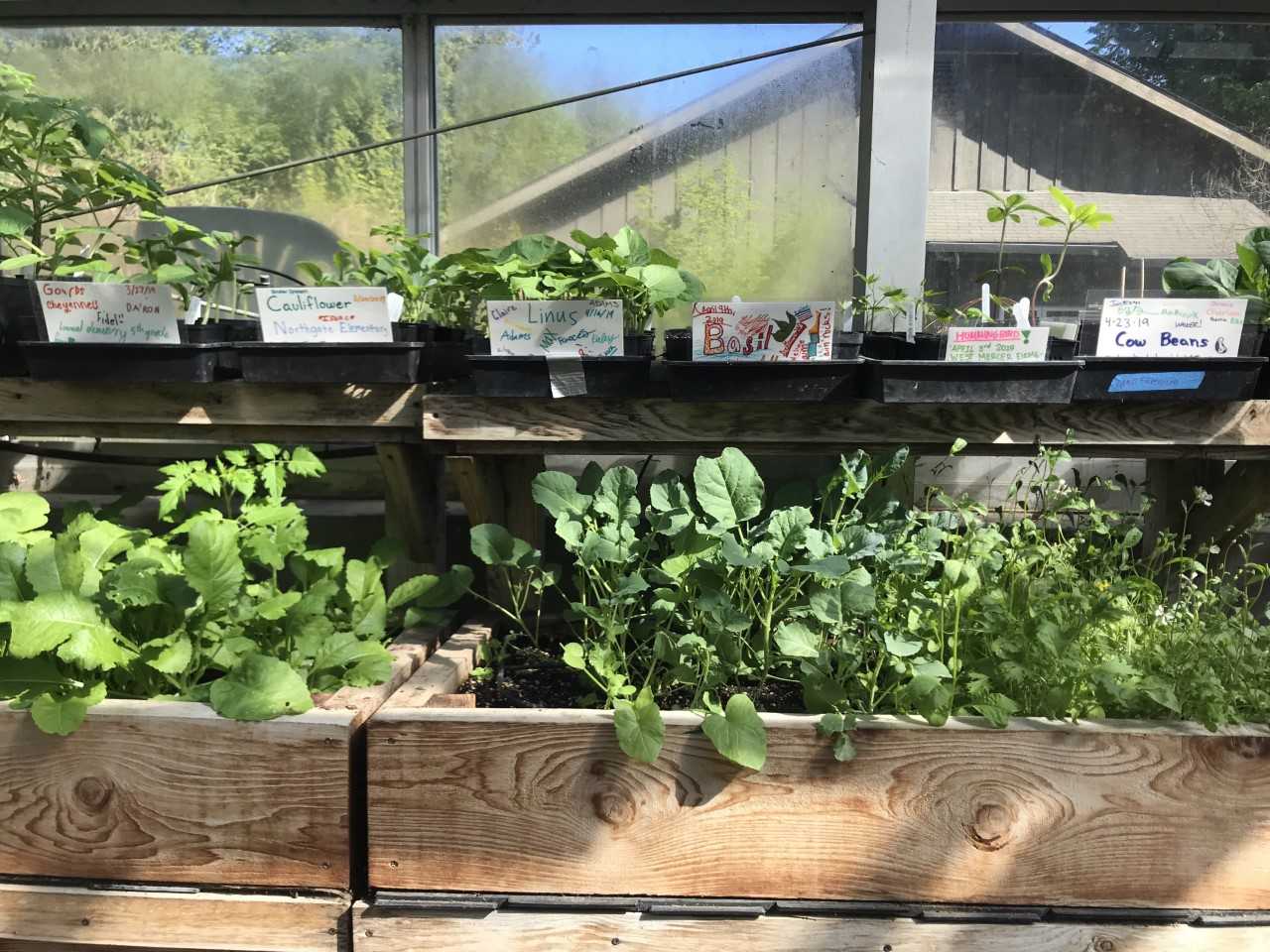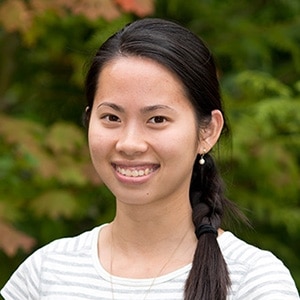IslandWood graduate students were featured in this recent Seattle Times article about House Bill 2078
Author: Tamar Kupiec
After six years of teaching elementary school in Durham, NC, Jenny Whaley can tell when a lesson is going well. She measures success by the children’s excitement but more so, by their nervousness—a sign that they are “pushing their boundaries and moving outside their comfort zone.” This is the place, she says, where learning and inspiration happen. Jenny taught science and had what she considered the good fortune not to have textbooks.
As much as possible, she made nature her text. She took her students to nearby Ellerbe Creek, where they tested the water quality and drew maps of the watershed. In the field, the children followed the scientific method: they asked questions, made observations, and drew conclusions. Jenny watched with satisfaction as her students internalized these skills—another measure of success. They applied the scientific method not only to ecology, but to math (“Why does multiplication work?” they asked) and even social situations (“Why are my friend and I not getting along? What happened and what can we do to resolve the conflict?”).
Jenny has many ideas, but a good teacher never has enough. She is thrilled to be in the IslandWood Graduate Program not only to collect more, but also to test and refine them. The rapid cycle of the School Overnight Program, where graduate students work with a different school group for four days each week, provides ideal conditions. And here at IslandWood there are no unfinished writing projects or technology requirements to intrude on her practice time.
Jenny used to ask her students to pick up a piece of trash from the playground during recess and present it to her as a ticket to get back in the classroom. At first many rolled their eyes and questioned why, but by the end of the year they were returning with giant handfuls of trash. They had come to recognize human impact, good and bad, and to understand that like the animals in the forest, they too lived in an ecosystem. She is interested to see how the conversation will change at IslandWood. In Durham, she cultivated in her students a sense of shared responsibility to help one another in the classroom and contribute to the larger community, which was the school. At IslandWood the larger community will be the natural world.
Jenny comes to IslandWood for another reason too: the future of the family tree farm. While growing up in Washington, DC, these 176-acres in North Carolina were her second home, the forest where she played and the land she worked, clearing rocks in the hot sun to prepare a field for horses, building a barn or a chicken coop. The land is a source of joy and identity—and anxiety too. She cannot give up the land, and she cannot give up the things she wants to do with her life. And so she has a dream to combine the two, to transform the property into an outdoor school. She sees IslandWood as a successful model and wants to learn more about its institutional structures. The trees her parents planted the year she was born have just been harvested. Perhaps one day this family land will produce something other than trees.










